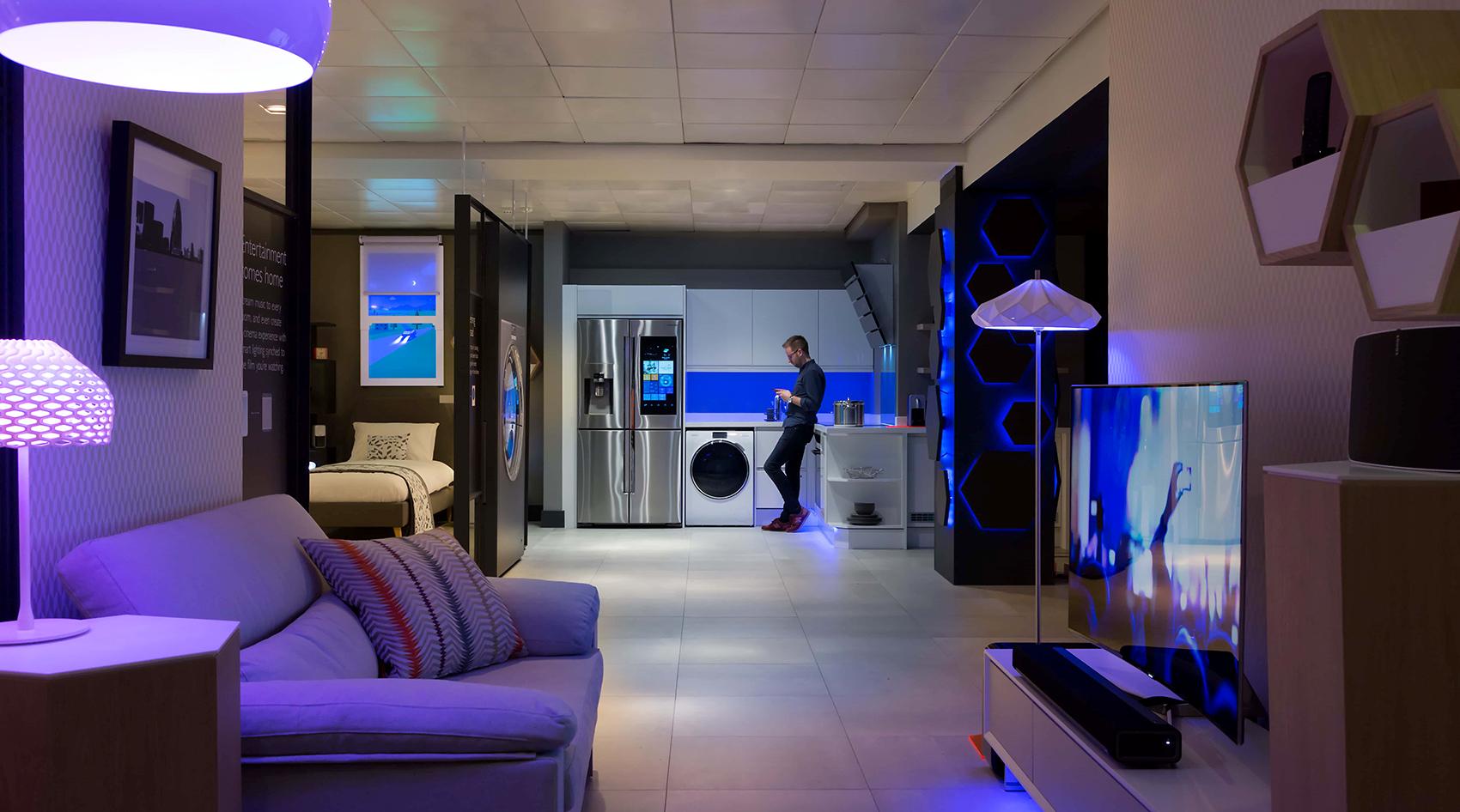The Evolution of Smart Homes
In the last decade, smart home technology has transcended the realm of science fiction, becoming an integral part of modern living. The advent of interconnected devices and systems promises not only convenience and security but also significant financial savings over time. As homeowners increasingly adopt smart home integration, the potential for long-term savings becomes a compelling incentive.

Energy Efficiency and Cost Reduction
Intelligent Thermostats
One of the foremost benefits of smart home technology lies in its capacity to enhance energy efficiency. Intelligent thermostats, such as the Nest Learning Thermostat, are a prime example. These devices learn the household’s schedule and preferences, adjusting the temperature accordingly to minimize energy consumption. By avoiding unnecessary heating and cooling, intelligent thermostats can significantly reduce utility bills. The U.S. Department of Energy estimates that smart thermostats can save homeowners up to 10-15% on heating and cooling costs annually.
Smart Lighting Systems
Another area where smart home integration excels is lighting. Smart lighting systems, including brands like Philips Hue, allow users to control lights remotely, schedule them to turn on or off, and even adjust brightness based on natural light levels. Motion sensors ensure lights are only used when needed, further curbing electricity usage. Over time, the savings accrued from reduced electricity bills can be substantial, making smart lighting a wise investment.
Water Management
Smart Sprinkler Systems
Water management is another crucial aspect where smart home technology can lead to long-term savings. Smart sprinkler systems, such as the Rachio Smart Sprinkler Controller, use weather data and soil moisture levels to optimize watering schedules. This prevents overwatering and ensures that lawns and gardens receive just the right amount of water. By conserving water, these systems can reduce water bills significantly, particularly in regions prone to drought or with high water costs.
Leak Detection Systems
Additionally, smart leak detection systems play a pivotal role in preventing water wastage and potential damage. Devices like the Flo by Moen can detect leaks early and shut off the water supply to prevent flooding. Early detection and intervention can save homeowners thousands of dollars in repair costs and prevent the loss of valuable water resources.
Enhanced Security and Insurance Savings
Smart Security Systems
Smart home integration also extends to security, offering enhanced protection and potential savings on insurance premiums. Smart security systems, encompassing cameras, motion detectors, and smart locks, provide comprehensive surveillance and control. Systems like Ring and Arlo allow homeowners to monitor their properties remotely and receive instant alerts of any suspicious activities. The mere presence of a robust security system can deter potential intruders, reducing the likelihood of theft or vandalism.
Insurance Benefits
Many insurance companies recognize the added security provided by smart home technology and offer discounts on home insurance premiums. The rationale is simple: homes equipped with advanced security systems are less likely to suffer from burglaries or extensive damage, making them less risky to insure. These discounts can vary but often range from 5-20%, contributing to significant long-term savings.
Home Maintenance and Asset Management
Smart Appliances
Smart home integration also facilitates better maintenance of household appliances. Smart refrigerators, washing machines, and other appliances can alert homeowners to potential issues before they escalate into costly repairs. For instance, a smart washing machine might notify its owner of a maintenance requirement, such as cleaning the filter, thus preventing more severe malfunctions. Proactive maintenance not only extends the lifespan of appliances but also ensures they operate efficiently, thereby conserving energy and reducing costs.
Asset Management Systems
Furthermore, smart asset management systems can keep track of warranties, maintenance schedules, and even the location of important documents. By centralizing this information, homeowners can avoid unnecessary replacements and ensure timely repairs, contributing to overall savings.
The Future of Smart Homes and Savings
As technology continues to evolve, the scope of smart home integration will expand, unlocking new avenues for efficiency and savings. Innovations in artificial intelligence and machine learning will enable smart systems to become even more intuitive and adaptive. For example, future smart homes might predict energy usage patterns and suggest optimizations automatically, further reducing costs.
Moreover, as the adoption of smart home technology becomes more widespread, economies of scale will likely drive down the cost of devices and systems, making them accessible to a broader audience. This democratization of technology will amplify the financial benefits for a larger segment of the population.
Conclusion
Smart home integration offers a multifaceted approach to achieving long-term savings. From energy and water management to enhanced security and proactive maintenance, the advantages are manifold. As these technologies become more sophisticated and accessible, homeowners can expect even greater savings and efficiencies in the years to come. Embracing smart home technology today is not merely a trend but a strategic investment in the future of residential living.